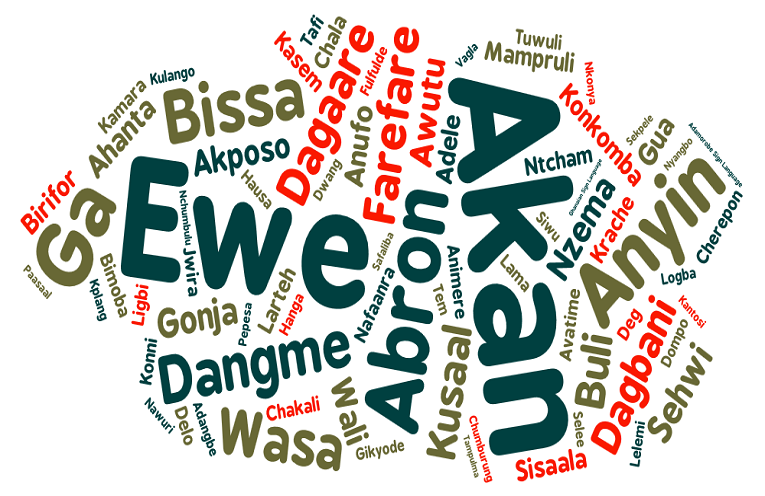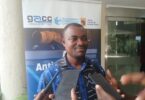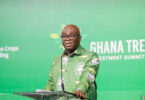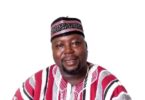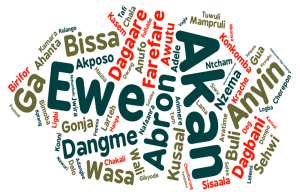
Local Languages in Ghana
Story by: Magdalene Duncan
The Bureau of Ghana Languages has recommended that entry requirements into tertiary institutions should be opened up to include one indigenous language.
This the Bureau believes would eventually awaken or rekindle the desire to study examinable indigenous languages of Ghana.
The recommendation was made in a press release issued by the Bureau to mark the 24th Edition of the UNESCO International Mother Language Day Celebration which took place on the 21st of February,2023, under the theme; “Multilingualism-A Necessity to Transform Education”.
As part of directives guiding this year’s celebration, all 195 member states of UNESCO are to situate the theme into their own national contexts and use same to bring about the needed constructive transformation of their respective educational systems as we enter another phase of the international Decade of Indigenous Languages 2022-2032.
It is in this light that, the Bureau asserts that Ghana has since time immemorial been championing multilingualism within the educational system which has led to the study of 15 indigenous languages including; Akuapem,Twi,Mfantse,Ga,Dangme,Ewe,Nzema,Dagbani,Dagaare,Gonna,Gurune,Kusael, Sissala,Likpakpaanl, Kasem among others.
Furthermore, that there exist over 60 distinct languages in Ghana so if 15 of these are examinable in schools and colleges, then in principle there is a lot that needs to be done to have a comprehensive study of the remaining non-examinable languages on board the educational curricula of schools and colleges in Ghana.
Inspite of the numerous challenges the nation faces with multilingual Education, the Bureau of Ghana Languages believes that Multilingual Education still remains an asset if we can encourage it among the various ethnic compositions of Ghana and within schools and colleges.
Also that our diverse linguistic background inarguably makes it practically impossible not to embrace Multilingualism in all spheres of every day life of the Ghanaian.
As there are 60 distinct languages in Ghana excluding dialects, to encourage individual and collective freedom of communication and association, we have to fully embrace multilingualism as necessary to transform education in Ghana.
Moreover, as entry requirements of all tertiary institutions in Ghana include a pass in English, Mathematics and the Sciences, as a means of rejuvenating public interest and appreciation of Indigenous languages in Ghana, the Bureau recommends including one indigenous language as part of entry requirements.
Furthermore that,” though there have been several complaints about the lack of teaching and learning resources for indigenous languages, thus rendering it virtually impossible to posit it as an entry requirement for tertiary education, we do not have to stand aghast and watch our indigenous languages phase into oblivion or become extinct with excuses that could have been overcome if only we wanted to act in favour of salvaging our indigenous languages from extinction”.
“Multilingual Education is the only way to overcome the diverse linguistic backgrounds and barriers as we embark on a fruitful journey to transform education in Ghana in our quest to achieve the Africa we want in 2063 as championed by the AU”, it concluded.
Source: www.thenewindependentonline.com


